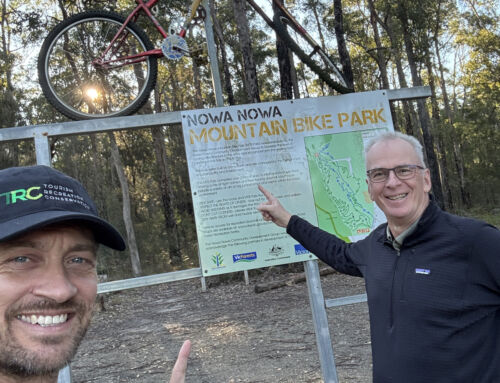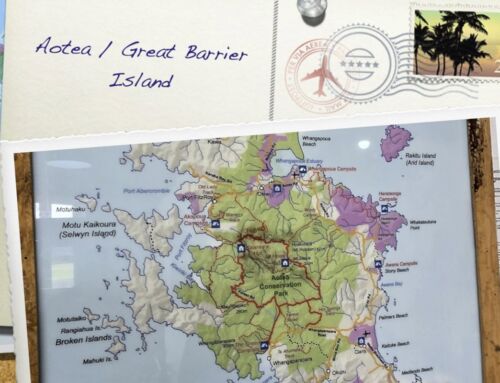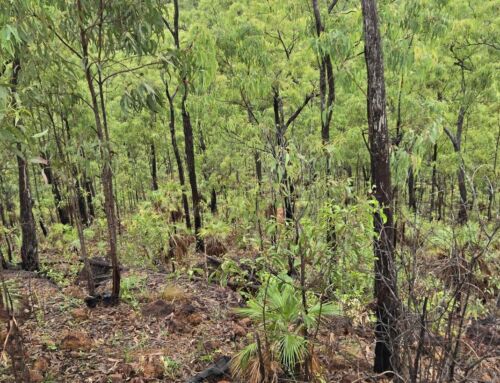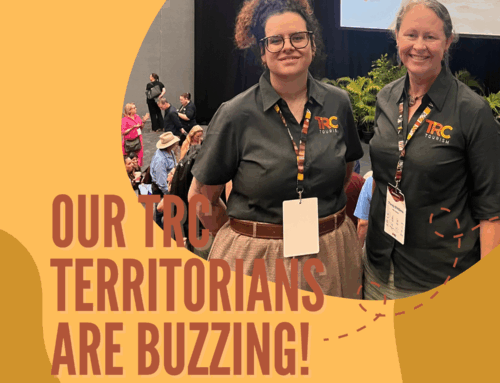More Indigenous communities are embracing tourism as a strategic opportunity — not to change who they are, but to strengthen their social, cultural, environmental and economic futures and are increasingly choosing to embrace tourism — but on their terms. Tourism, when grounded in values-based business planning, becomes more than just an economic driver; it becomes a powerful enabler of social, cultural, environmental and economic wellbeing.
So, what is values-based business planning?
At its core, values-based planning puts the aspirations, principles and priorities of the community at the heart of the business model. It ensures that tourism doesn’t simply “happen to” a place, but rather is shaped and led by the community, for the community. It asks foundational questions:
- What do we want to protect and strengthen for future generations?
- How can tourism support our way of life, rather than compromise it?
- What stories do we want to share — and what do we want to hold sacred?
- How do we ensure benefits reach our people equitably?
Tourism as an Enabler — Not the Goal
For Indigenous communities, tourism is not the end goal. It is a tool — a means to revitalise language, preserve and share cultural knowledge, reconnect youth to their heritage, restore environments and create sustainable livelihoods rooted in place and identity.
When tourism is anchored in community values:
- Social outcomes are strengthened through capacity building, leadership development, and pride in identity.
- Cultural outcomes are enhanced through authentic storytelling, safeguarding of traditions, and intergenerational knowledge transfer.
- Environmental outcomes are achieved by embedding kaitiakitanga (guardianship) and regenerative practices into visitor experiences.
- Economic outcomes are realised through long-term, community-owned enterprises that reinvest back into people and place.
Moving Beyond the Standard Business Plan
Traditional business planning often starts with market opportunity. Values-based planning starts with community opportunity. It prioritises:
- Vision and values first.
- Aspirations and wellbeing of the collective.
- Decision-making models that reflect cultural protocols.
- Measures of success that go far beyond profit margins.
This approach ensures tourism strengthens the mana (prestige and authority) of the community, rather than depleting it.
The Power of Purposeful Tourism
Across Aotearoa New Zealand, Australia, the Pacific and beyond, TRC is fortunate to work alongside Indigenous communities who are charting their own course. They are showing that when tourism is rooted in purpose and guided by values, it becomes a genuine force for regeneration — of people, culture and land.
The world is hungry for meaningful connections and authentic experiences. Indigenous-led, values-based tourism is not just a “niche”; it is the future.






